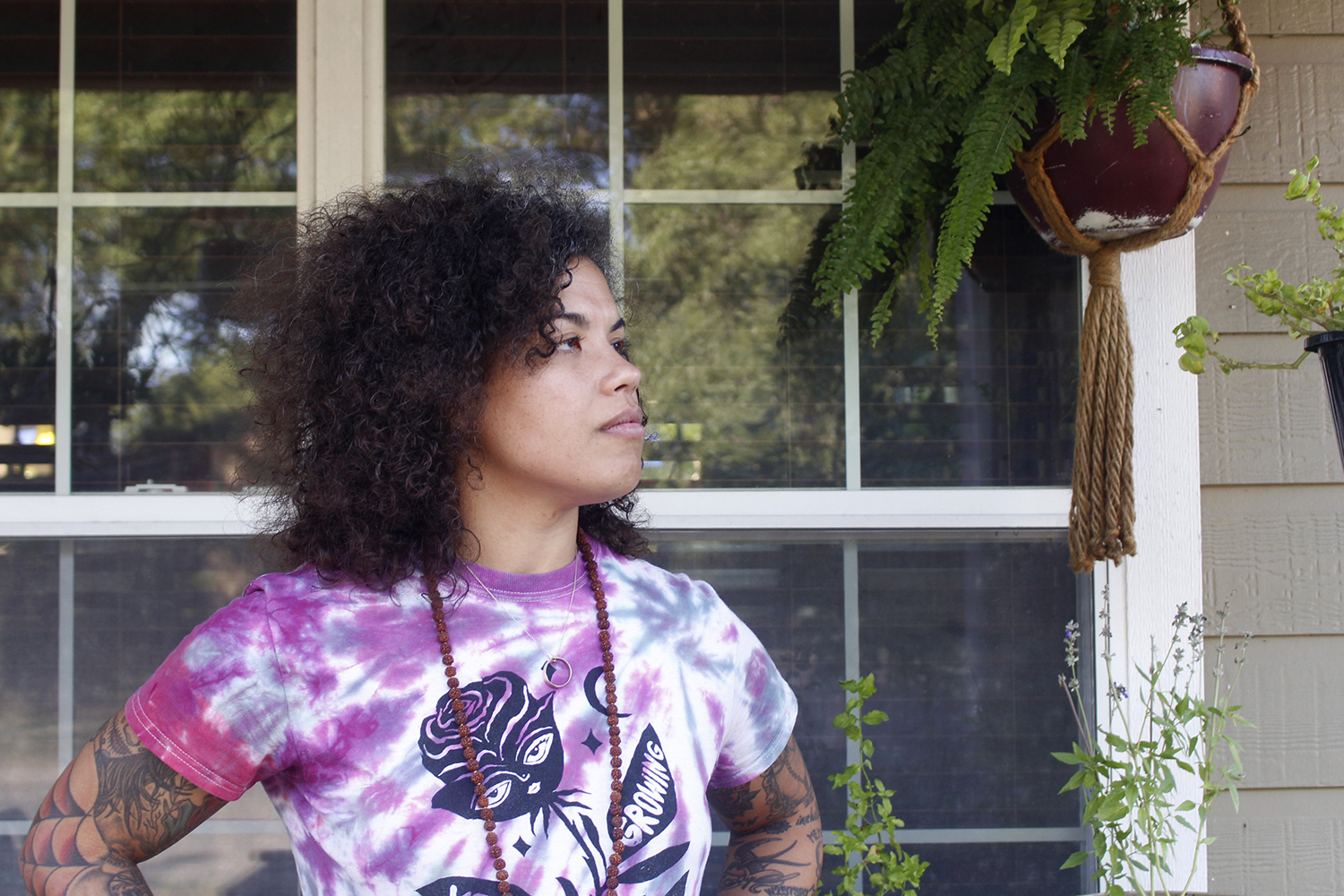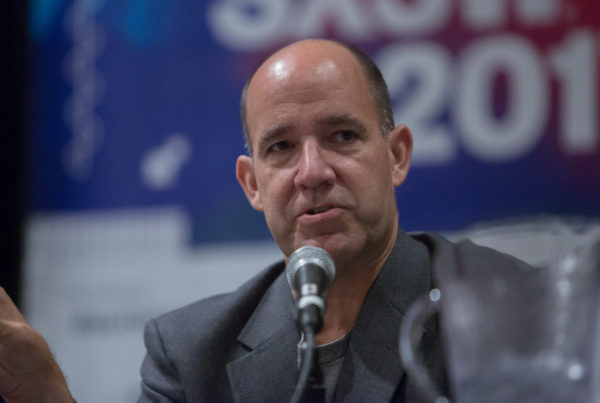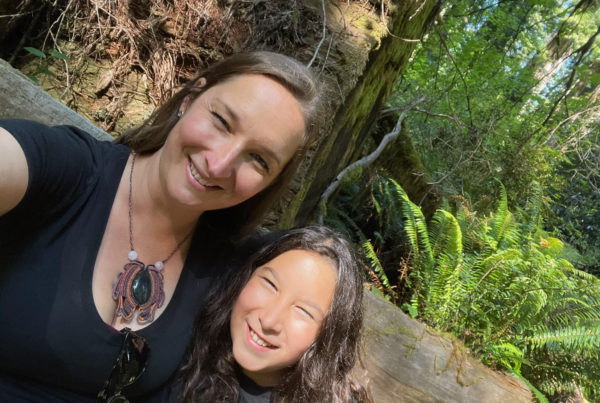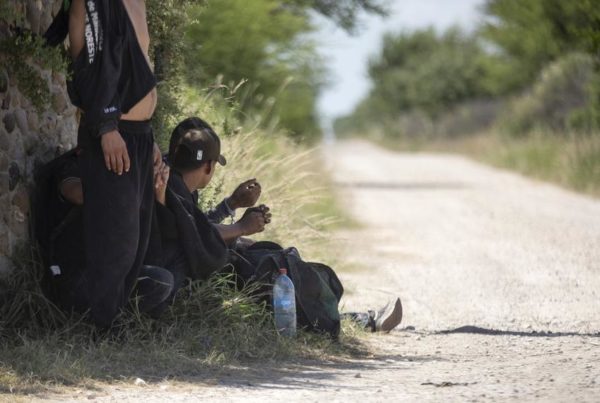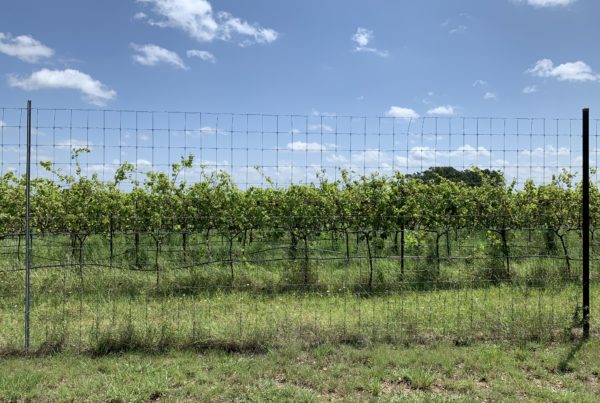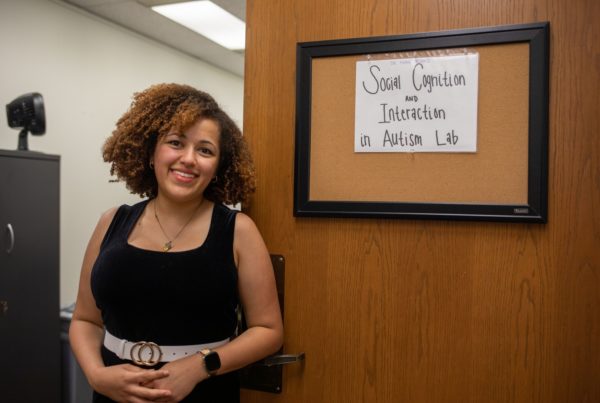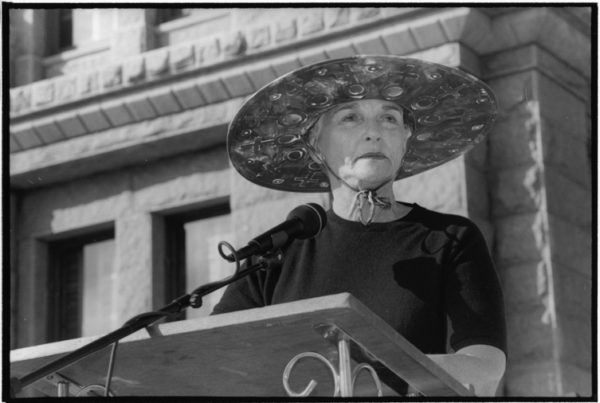This story comes from NPR’s Next Generation Radio project.
Rachel Carter’s reproductive rights activism started early. At 16, right after getting her driver’s license, she remembers shuttling people to and from their abortion appointments. Carter, now 31, recently started doing this again. But in September, when SB 8 — Texas’ restrictive new abortion law — went into effect, ride requests dropped.
“I really started to see a general decrease,” says Carter. “And more trepidation in the voices of the people that I was helping.”
Under the new Texas law, anyone who helps someone obtain an abortion after six weeks — including driving them to a clinic — could be sued for a minimum of $10,000. That puts Carter, a full-time volunteer with The Bridge Collective, at risk. The Austin-based nonprofit provides reproductive resources and services to Central Texans, including rides to abortion appointments.
“This law makes me feel like I’m doing something wrong when I know I’m not,” Carter says.
Carter’s life has informed and strengthened her commitment to accessible reproductive health care for all. She credits her experiences attending women’s marches as a girl, facing discrimination in school and serving in the U.S. Army as fueling her activism in adulthood.
She says the new law won’t deter her.


